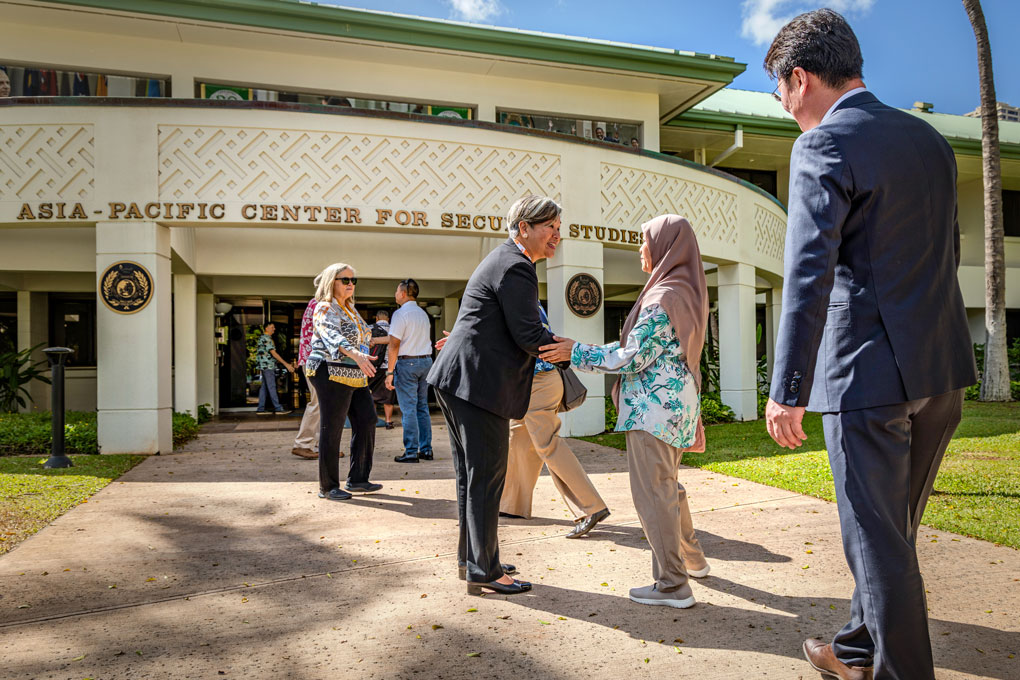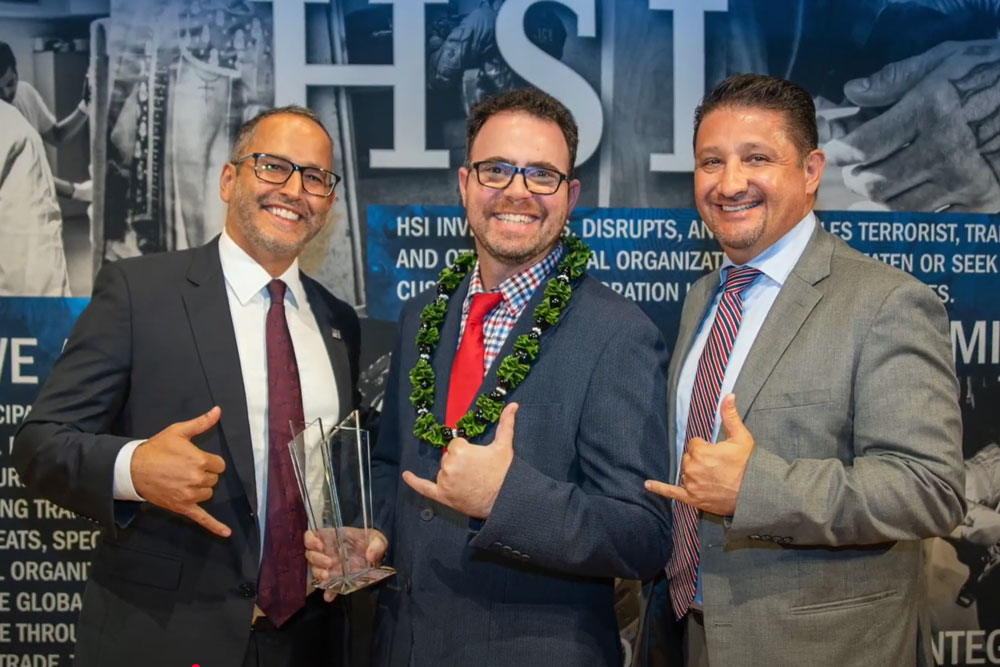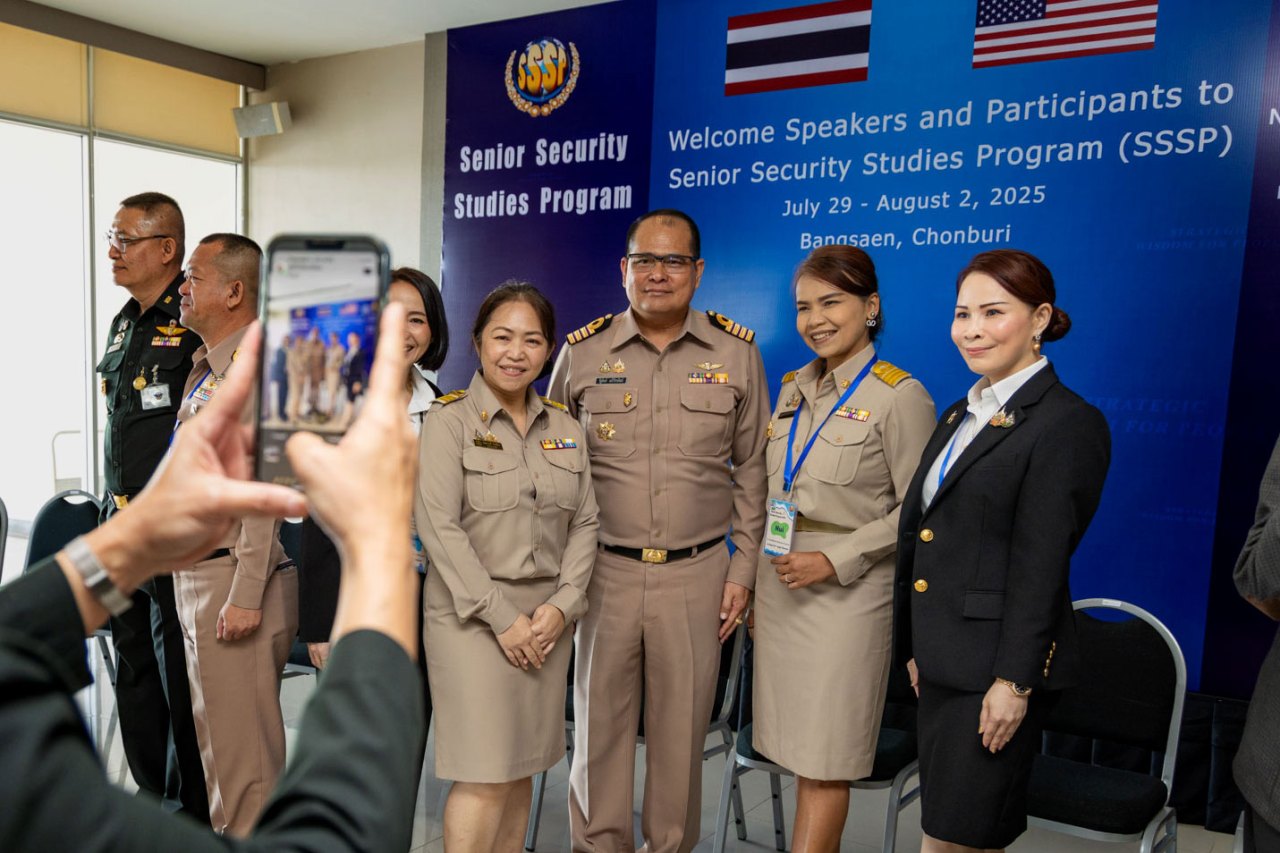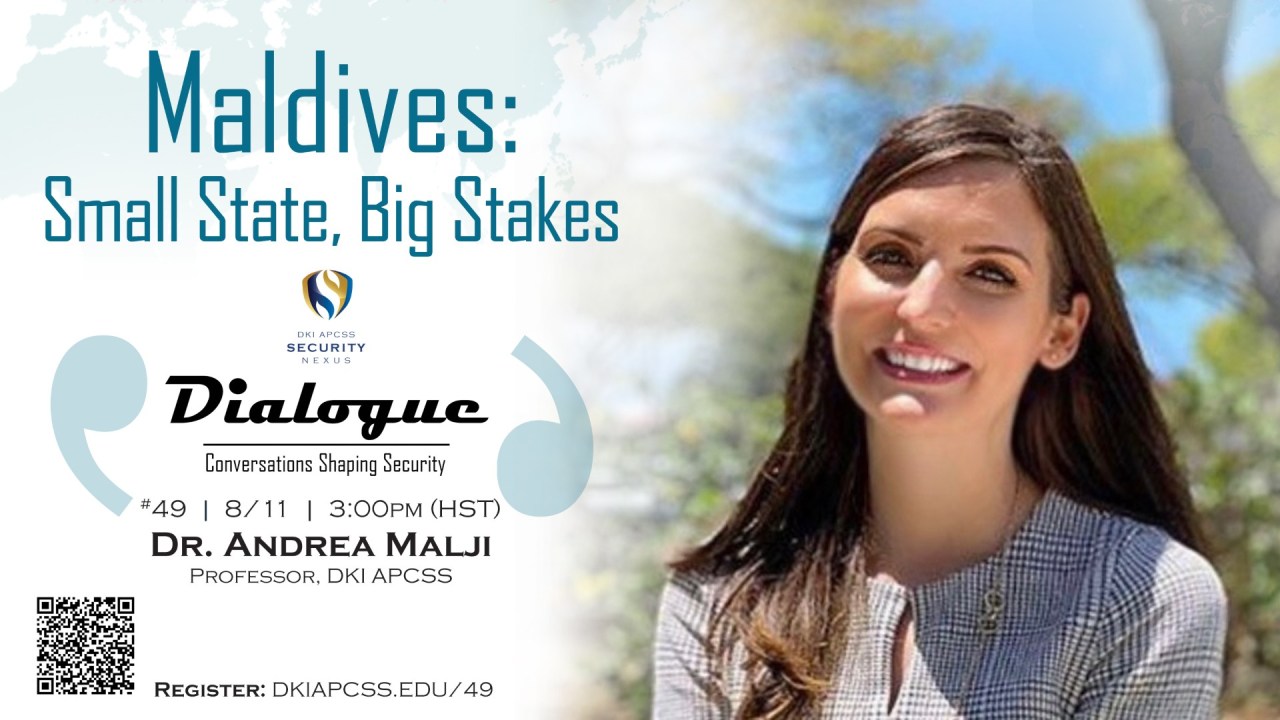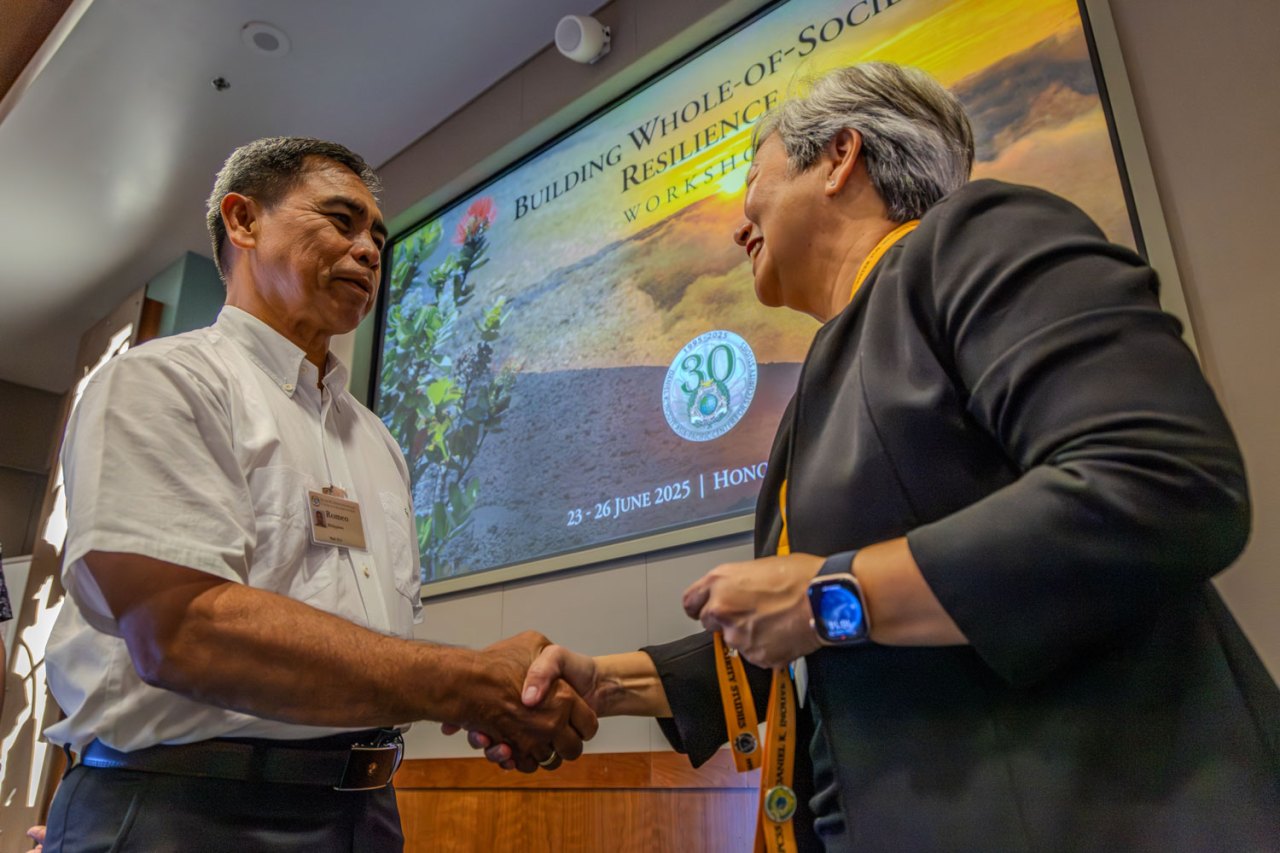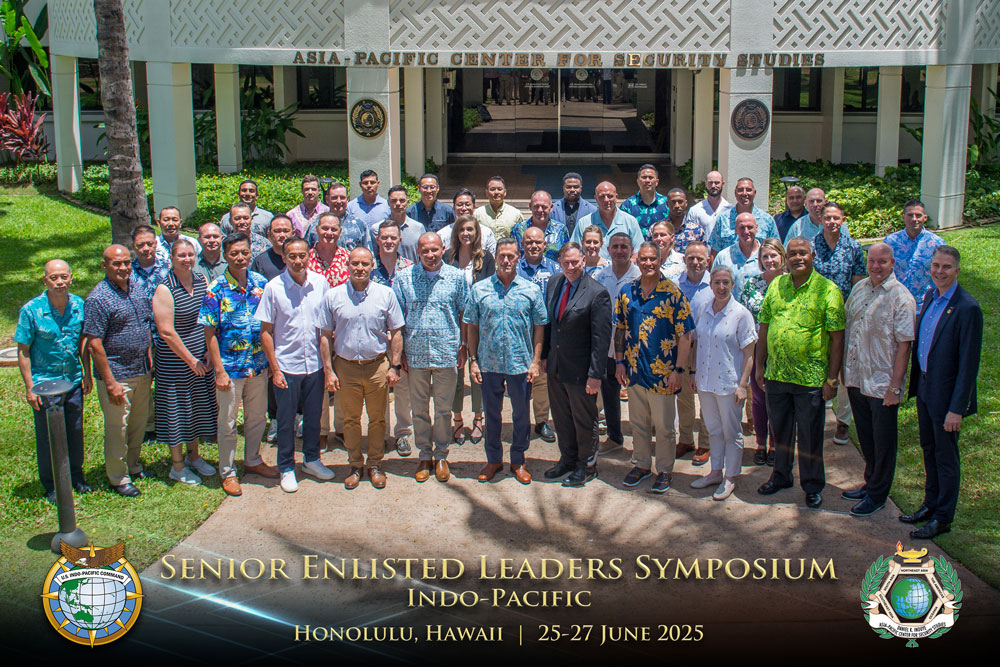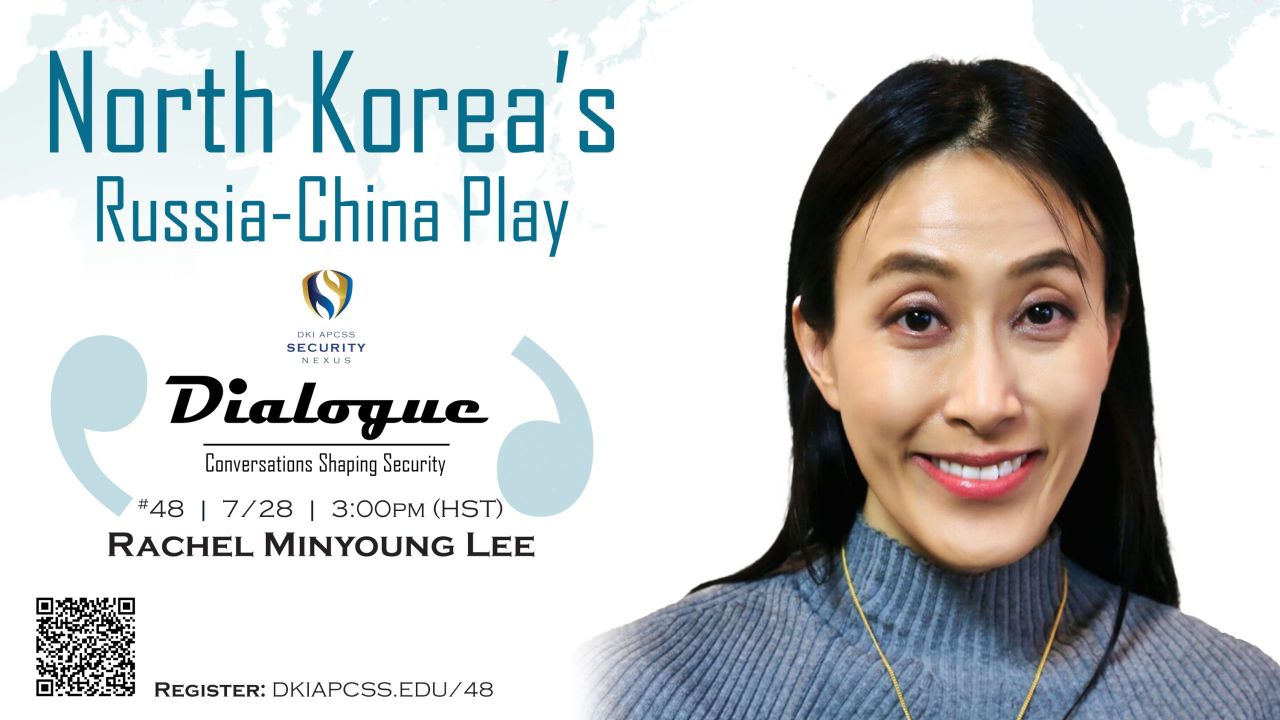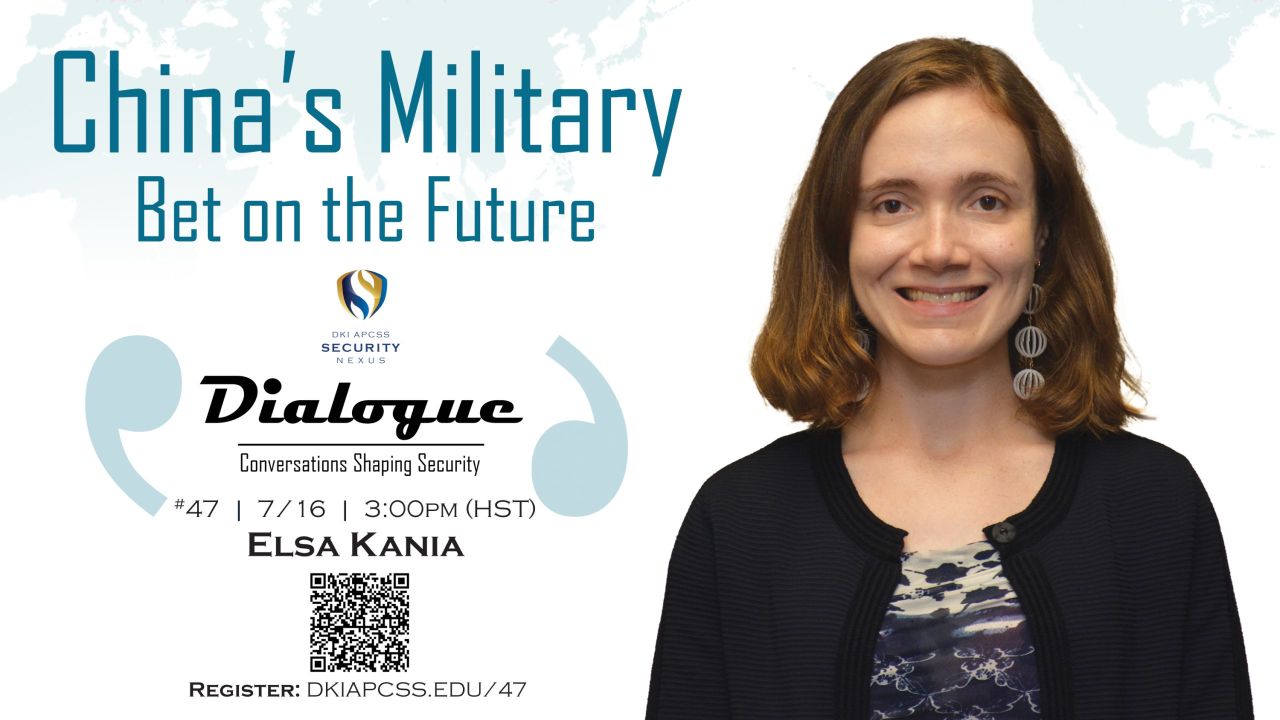Transnational Security Course 25-1: Shared Ideas in Adapting to Unprecedented Change
In mid-July, the Transnational Security Course (TSC) 25-1 welcomed 37 senior executives from 27 locations around the world to the Daniel K. Inouye Asia-Pacific Center for Security Studies (DKI APCSS) campus in Waikiki. The weeklong intensive program, specifically tailored for senior security practitioners from the Indo-Pacific region, facilitated a deep dive into a broad spectrum of transnational security challenges.



